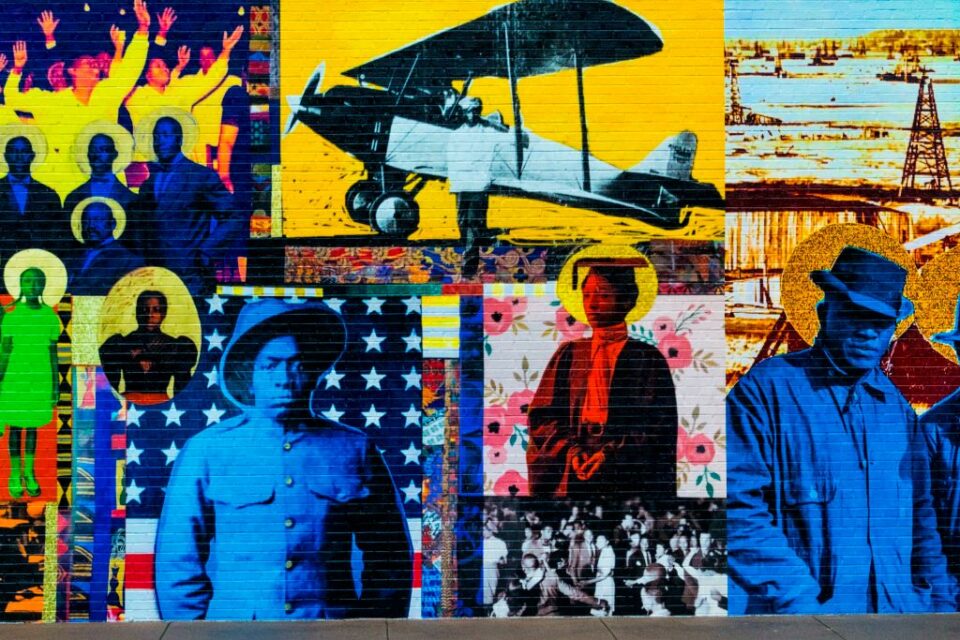Tulsa’s Black Wall Street is often considered as the only legacy of Black wealth and economic empowerment. That is farther from the truth. There is a nation of Black Wall Streets beyond Oklahoma, nestled between the pasts of the Civil War and the end of Reconstruction.
Today is a new day to shed light on the ongoing efforts to preserve and advance the Black dollar. From Greenwood to Richmond, segregation and discrimination forced Blacks into a small world in which Blacks had open access to prosperity and generational wealth.
We want to acknowledge the freedman communities, individuals, and new-age initiatives that continue to breathe hope in a New Black Wall Street. For instance, former Wall Street analyst Claudia Walker dedicated her collection, The ABCs Of Black Wall Street books, to empowering educators, parents, and youth about the future for Black Wall Street. The Official Black Wall Street organization provides a platform and directory for Black-owned businesses across various sectors within the United States.
Ikechi Nwabuisi, founder & CEO of TRiBL, is also a true believer in the future of Black Wall Street. He introduced a strategic plan to lay the groundwork for a global digital wealth strategy built on community and e-commerce. In May, the Black Wall Street Legacy Festival hosted a series of community-led events, which included discussion panels, performances and guest appearances from artists, advocates and political leaders.
Greenwood in Tulsa, Oklahoma

After a long battle, the affluent Black-owned community Greenwood District, also known as Black Wall Street, graced the National Register of Historic Places last year.
Recognized as a freedom colony, Black Wall Street was a thriving mecca of black enterprises fueled by Oklahoma’s oil boom during that time. The entrepreneurs of Greenwood continued to work with other businesses to pour and circulate resources within the Black community until the Tulsa Race Massacre on May 31, 1921.
Launched in 2022, the Black Wall Street Business Center pays homage to the Tulsa Greenwood neighborhood. The 2,200-square-foot facility that aims to advance Black, indigenous, and minority businesses and entrepreneurship. Thee hub features three shared office spaces, 16 working desks, a seating area and a meeting room, free Wi-Fi and printing, and a kitchen.
Jackson Ward in Richmond, Virginia

Known as “the Harlem of the South,” the Jackson Ward district of Richmond was established in 1871. The Reconstruction era saw an influx of freed slaves move into the neighborhood. They created one of the most vibrant, active, and prominent centers of Black economic self-determination.
Among the District’s thriving entertainment included the famed Hippodrome theatre where the likes of Ella Fitzgerald, Duke Ellington, and Richmond’s own Bill “Bojangles” Robinson made appearances. The neighborhood housed large and well-known African-American churches, including the Sixth Mount Zion Baptist Church, founded by famous orator John Jasper. The retail and business community included the incomparable Maggie L. Walker, the first woman in America to found and lead a bank in the United States when she opened the St. Luke Penny Savings.
In the late 1950s, the Ward was divided by the Richmond-Petersburg Turnpike (now part of I-95). Many structures and businesses were torn down.
